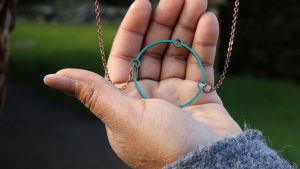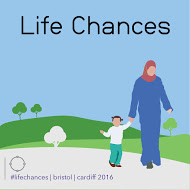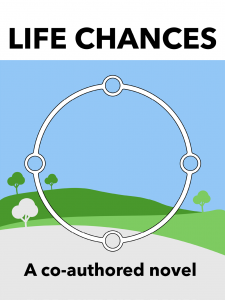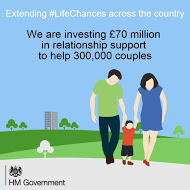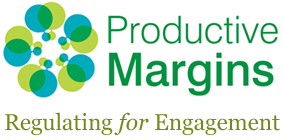Life Chances project
‘Life Chances’ is a widely-used phrase, adopted by governments to headline their policies relating to children and poverty. But few realise that the term was coined by sociologist Max Weber to refer to socioeconomic disadvantage; the current government uses it in a very different way, placing responsibility on individuals and ‘society’ rather than the state. The ‘Life Chances’ project has adopted the term ‘Life Chances’ to focus on how regulatory services can affect opportunities for families with children to develop their potential and contribute to society. Changes are needed in the way policies and services deal with community members, not simply individuals changing their behaviour.Life Chances: re-imagining regulatory systems for low-income families in modern urban settings The Government’s Life Chances’strategy uses specific imagery and discourse representing a particular utopian vision of family life, public services and support in society. In their current format the images present a hetero-normative, mono-racial and largely fictionalised family type in the UK. Volunteers suggested a more inclusive version.
Life Chances is an experimental novel seen through the experiences of investigative journalist Diane Butler. The novel follows her as she finds out about the Life Chances of people in Bristol and Cardiff, revealing that in austerity Britain there is an influencing gap from bottom to top, where the political elite masquerade in the centre ground and control systems of power. But she finds power emerging in real people that can be nurtured if given a life chance…The novel was written through a series of workshops using transactional analysis, jewellery making, painting, talking, power analysis and a trip to Chepstow Castle. Each research volunteer created a character in the novel imagining their lives, families, situations, wants and desires. These characters were then woven together with additional characters created by Close and Remote into a story exploring the current and future impact of regulatory systems in the UK. This is perhaps the first novel to feature Universal Credit as a core storyline. Life Chances is a co-authored novel and has been written by Simon Poulter and Sophie Mellor (Close and Remote), Nathan Evans, Moestak Hussein, Akilah Tye Comrie, Trasi and the wider community of research volunteers in Bristol and Cardiff. Editors are Dr Debbie Watson and Marilyn Howard and Editorial Advisor is Kathryn Castles.Most community research volunteers are not named as authors to protect their identity and potential implications for individuals. This is a work of sociological fiction.
